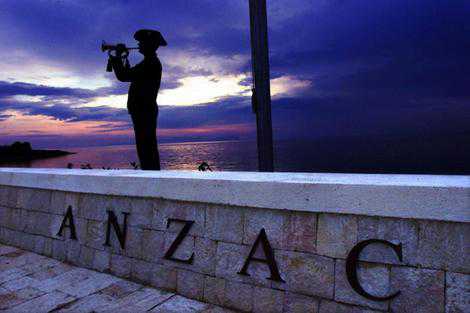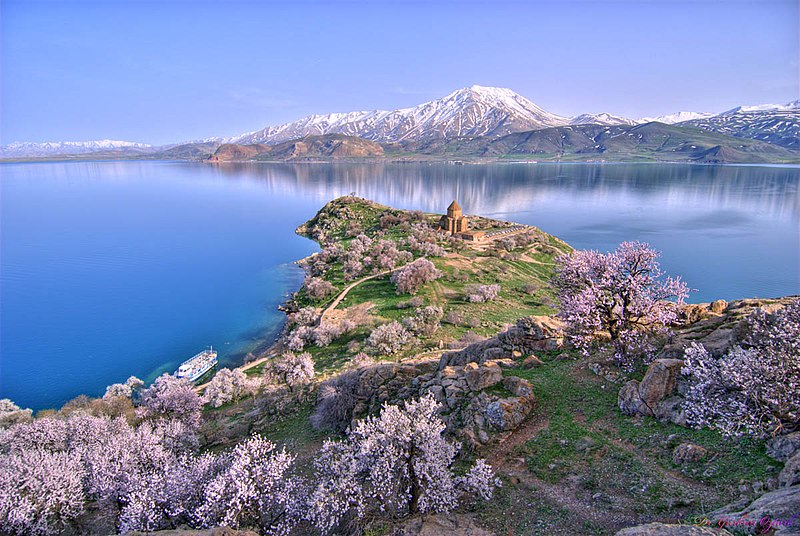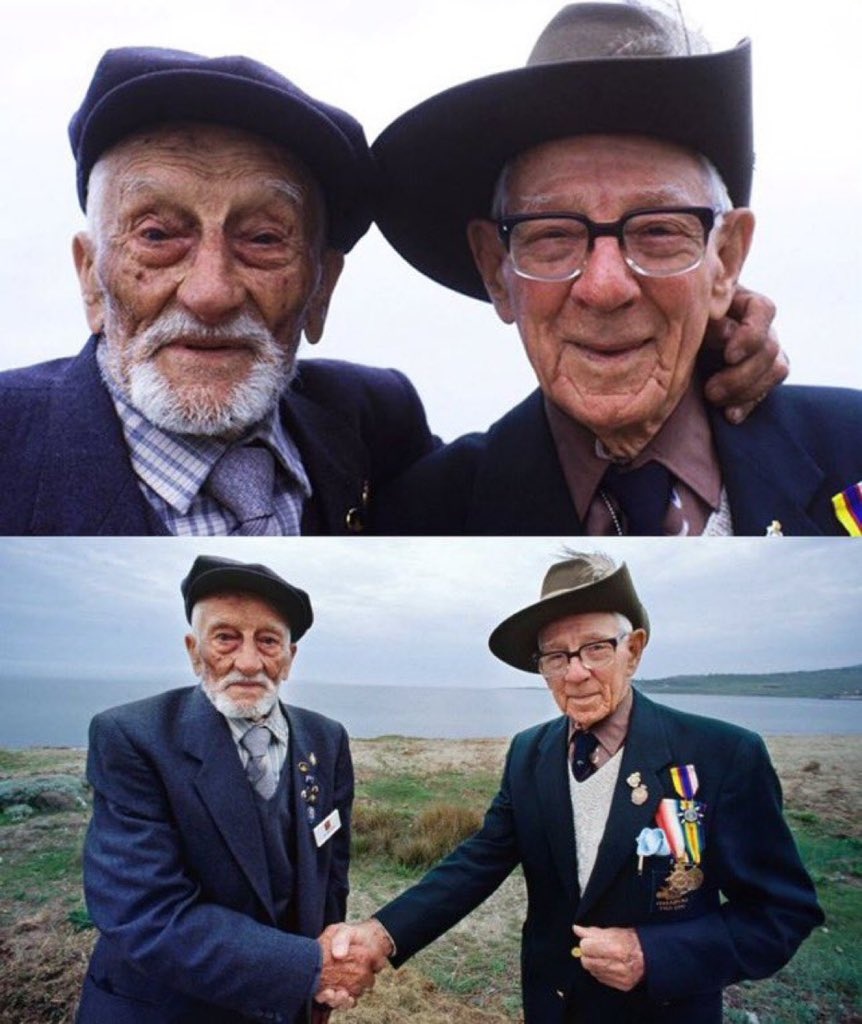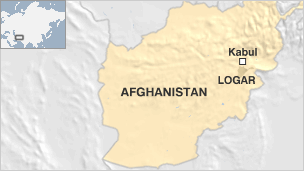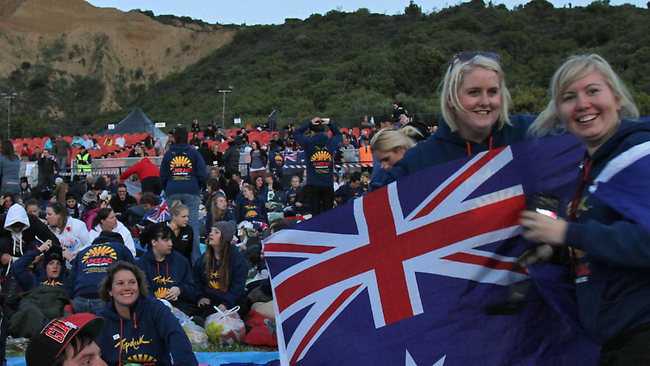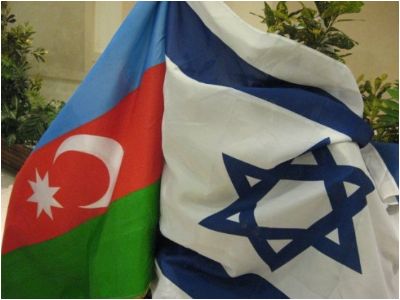Overcoming Conflict:
How The Battle Of Gallipoli Sparked A New Friendship
The following op-ed by Sevin Elekdag, TCA Research Fellow and Onur Isci, Lecturer at the Department of History at Georgetown University was published in the Eurasia Review on April 25.Every year on April 25, Turks join with Australian and New Zealand friends to commemorate ANZAC Day. On this day 98 years ago, with the Allies at their side, the newly formed Australian and New Zealand Army Corps (ANZACS) landed on the Gallipoli peninsula to invade the Ottoman Empire’s capitol, modern-day Istanbul, and take control of a precious WWI supply route to Russia. As support for the war waned, the British came to Australia with a propaganda machine aimed at encouraging young Australian men to sign-up to fight in this war on a foreign land half a world away. Over the next nine months, the Turks fought a bloody battle against the ANZACs, and while the Ottoman army ultimately prevailed, both sides suffered great hardships and heavy casualties.
For the ANZACS, this little known WWI event is recognized as their first ever major offensive and has become a defining moment in shaping the national identities of the Australian and New Zealand people. For Turks, it gave inspiration and a leader (Mustafa Kemal) to the Turkish National Resistance Movement that eventually freed Anatolia from foreign invaders.
In 1934, when memories of the battle were still fresh, Mustafa Kemal Atatürk, commander at Gallipoli and founder of modern Turkey, stated:
“Those heroes that shed their blood and lost their lives…You are now lying in the soil of a friendly country. Therefore rest in peace. There is no difference between the Johnnies and the Mehmets to us where they lie side by side now here in this country of ours…you, the mothers, who sent their sons from faraway countries wipe away your tears; your sons are now lying in our bosom and are in peace. After having lost their lives on this land. They have become our sons as well.”
These words mark the beginning of years of cultural exchange and efforts to establish official diplomatic relations between these nations. At the time, it may have seemed impossible to bridge the obvious differences in how the event was, and is, perceived in each country. But with perseverance, what ultimately emerged from the wreckage was a new friendship between Turkey, Australia and New Zealand. Out of respect and understanding, these nations now come together to reflect on the tragic realities of war.
So it is that Gallipoli has become a national symbol of reconciliation. How inspiring to see Turks, Australians and New Zealanders set aside animosity and empathize with the experiences and suffering of the other. Coming together over this shared experience has allowed nations once at war to build friendship and solidarity from its ashes.
Following last year’s anniversary, Turkish Prime Minister Recep Tayyip Erdogan and his Australian counterpart, Julia Gillard, met in Ankara, Turkey to plan a special remembrance of the centenary of the Gallipoli campaign. The two leaders announced that 2015 would be proclaimed the Year of Turkey in Australia and the Year of Australia in Turkey.
Every day, news from the Middle East is dire. As governments change and conflicts rage on, one worries about the next generation of leaders for Palestine, Syria, Israel, Iraq and Afghanistan. Are they being given examples showing that after the hostilities, there is the possibility for finding common ground? That dialogue and reconciliation are important steps towards a more prosperous and stable future for their children, and every generation thereafter? Is history passed down in a way that considers the perspectives of other cultures?
As war and threats of conflict swirl across the continents, it is never too soon to use the lessons of Gallipoli to teach our children not just to honor bravery and sacrifice, but also to recognize that it takes equal measures of great strength and empathy to set aside the tragedies of war.

